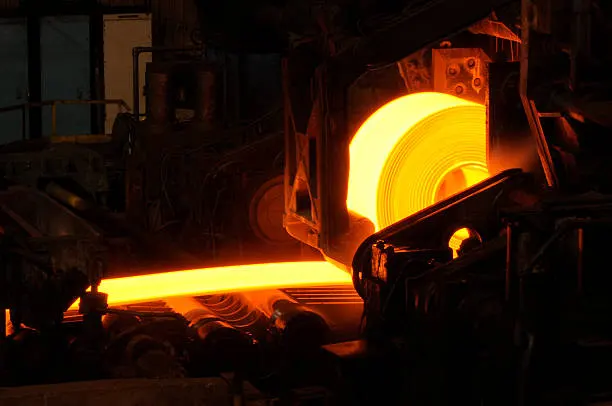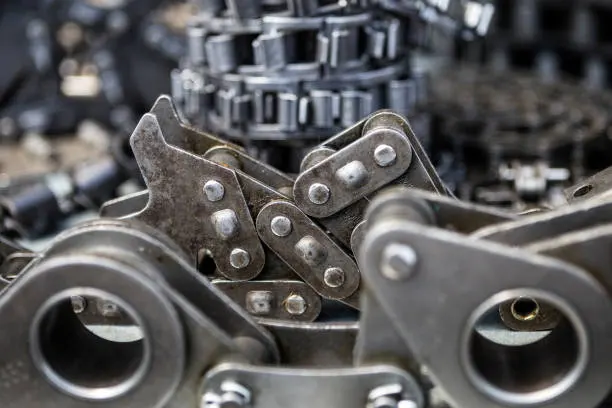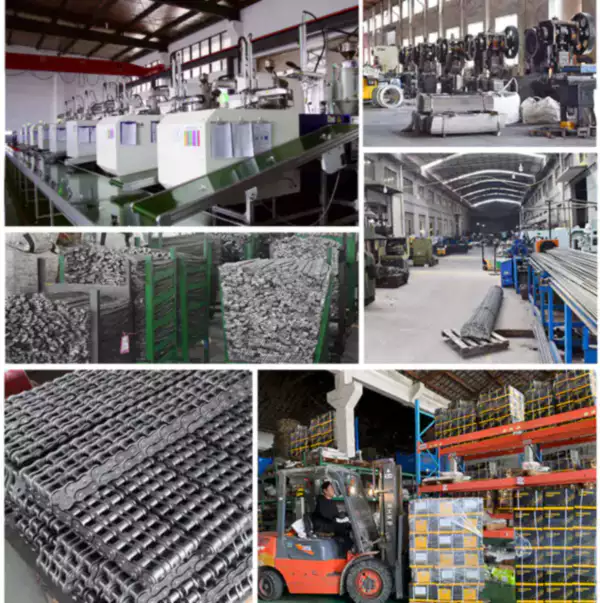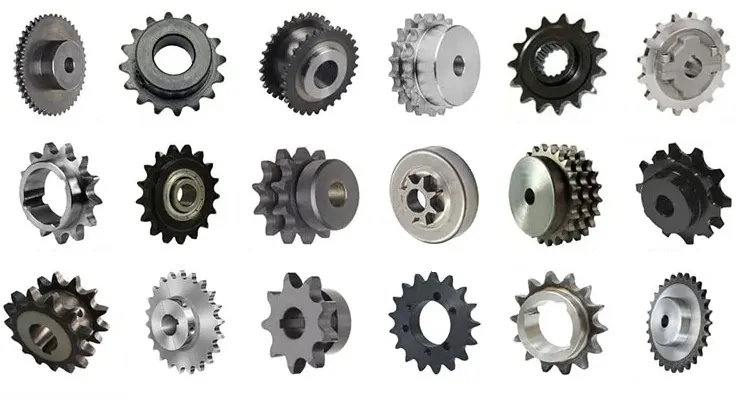Stainless steel metallurgical slag conveyor chains are widely used in various industries and applications due to their high durability and resistance to corrosion. However, several factors can affect their performance and longevity, which can lead to costly maintenance and replacement expenses. In this article, we will discuss the most common factors that affect the performance of stainless steel metallurgical slag conveyor chains and provide insights on how to mitigate them.
1. Material Selection
The selection of the right material is critical in ensuring the optimal performance of stainless steel metallurgical slag conveyor chains. The material should be corrosion-resistant, durable, and capable of withstanding high temperatures and harsh working environments. Generally, stainless steel alloys with high chromium and nickel content are preferred due to their excellent resistance to corrosion and high-temperature strength.
2. Chain Design
The design of the chain plays a crucial role in its performance. The chain's pitch, width, and thickness should be optimized to ensure that it can withstand the load and stress placed on it during operation. Additionally, the chain's lubrication system should be designed to provide adequate lubrication to the chain's bearings and pins, reducing wear and tear and preventing premature failure.
3. Environment
The working environment significantly affects the performance of stainless steel metallurgical slag conveyor chains. High temperatures, humidity, and exposure to chemicals and abrasive materials can cause corrosion, wear, and premature failure. Therefore, it is important to choose a chain that is designed to operate in the specific environment and ensure proper maintenance and cleaning procedures are followed.
4. Installation and Maintenance
The installation and maintenance of stainless steel metallurgical slag conveyor chains are critical to their optimal performance and longevity. Improper installation, such as incorrect tensioning or incorrect lubrication, can lead to premature failure. Regular maintenance, such as cleaning and lubrication, can help prevent wear and tear and prolong the chain's life.
5. Load and Speed
The load and speed placed on the chain during operation significantly affect its performance. The chain's load capacity and speed rating should be carefully considered when selecting a chain for a specific application. Overloading the chain or operating it at high speeds can cause accelerated wear and tear, leading to premature failure.

6. Corrosion
Corrosion is one of the main factors that affect the performance of stainless steel metallurgical slag conveyor chains. Corrosion can cause pitting, cracking, and weakening of the chain, leading to premature failure. The use of appropriate materials and coatings, such as galvanizing or electroplating, can help protect the chain from corrosion.
7. Wear and Tear
Wear and tear are natural processes that occur during the chain's operation. However, excessive wear and tear can lead to premature failure if not addressed in a timely manner. Adequate lubrication, proper tensioning, and regular maintenance can help reduce wear and tear and improve the chain's longevity.

8. Shock Loading
Shock loading occurs when the chain is subjected to sudden and severe impact or loading. This can cause stress and deformation of the chain, leading to premature failure. The use of shock absorbers or properly designed sprockets can help reduce shock loading and improve the chain's performance.
9. Fatigue Failure
Fatigue failure occurs due to repeated stress cycles over time, causing microscopic cracks in the chain's structure. Fatigue failure can be prevented by selecting a chain with a higher fatigue strength, reducing stress cycles, and avoiding shock loading and overloading.
10. Chain Alignment
The alignment of the chain is critical to its optimal performance. Misalignment can cause excessive wear and tear, premature failure, and damage to other components. Proper alignment can be achieved through careful installation and regular maintenance.
Konklúzje
In summary, several factors can affect the performance of stainless steel metallurgical slag conveyor chains, including material selection, chain design, environment, installation and maintenance, load and speed, corrosion, wear and tear, shock loading, fatigue failure, and chain alignment. By carefully considering these factors and implementing appropriate measures, the optimal performance and longevity of the chain can be achieved, reducing maintenance and replacement costs and improving overall productivity.
Choose Our Stainless Steel Chains for Metallurgy Industry
RP Techniek BV is the authorized sales agent of Ever-power Group in the Netherlands. Our company specializes in providing high-quality stainless steel metallurgical slag conveyor chains for the metallurgy industry.
Our chains are designed to withstand the demanding conditions of the metallurgical industry, offering exceptional performance and durability. We understand the importance of reliable and efficient conveyor chains in this industry, which is why we prioritize the quality of our products.
Not only do our stainless steel chains exhibit excellent resistance to corrosion and high temperatures, but they also have superior strength and load-bearing capacity. This ensures smooth and uninterrupted operation of the slag conveyor systems, reducing downtime and increasing productivity.
At RP Techniek BV, we take pride in offering comprehensive services to our customers. Our knowledgeable and experienced team is dedicated to providing expert advice and support, ensuring that our clients find the ideal stainless steel chains for their specific metallurgical applications.
In addition to our focus on the metallurgy industry, we also offer a wide range of stainless steel roller chains for various other industries and applications. Our diverse product line caters to different needs and requirements, guaranteeing that customers can find the right chains for their unique operations.
Choose RP Techniek BV for top-quality stainless steel chains that deliver exceptional performance and reliability in the metallurgy industry and beyond.

Sprockets for Sale
When it comes to choosing the right sprocket for stainless steel metallurgical slag conveyor chains in the metallurgical industry, several factors should be taken into consideration to ensure optimal performance.
Firstly, it is essential to consider the material of the sprocket. Stainless steel sprockets are highly recommended for their excellent corrosion resistance and durability in harsh environments. They can withstand the corrosive effects of the slag conveyor chains, ensuring a longer lifespan and reliable performance.
Another crucial factor is the tooth profile of the sprocket. Different applications may require specific tooth profiles to achieve efficient power transmission and minimize wear. In the case of stainless steel metallurgical slag conveyor chains, a tooth profile that provides a secure grip on the chain while reducing friction is ideal.
Furthermore, the number of teeth on the sprocket affects the speed ratio and torque transmission. Selecting the appropriate number of teeth ensures smooth operation and optimal power transfer. It is essential to consider the specific requirements of the conveyor system and the desired speed and torque ratios.
At our company, we offer a wide range of sprockets for stainless steel metallurgical slag conveyor chains. Our selection includes various types, sizes, and tooth profiles to cater to the specific needs of the metallurgical industry. Whether you require sprockets for heavy-duty applications or custom-designed solutions, we have the right products to meet your requirements.

With our high-quality sprockets, you can ensure reliable and efficient performance of your stainless steel metallurgical slag conveyor chains. Contact us today to explore our extensive range of sprockets and find the perfect solution for your needs.
Edited By Zqq.
